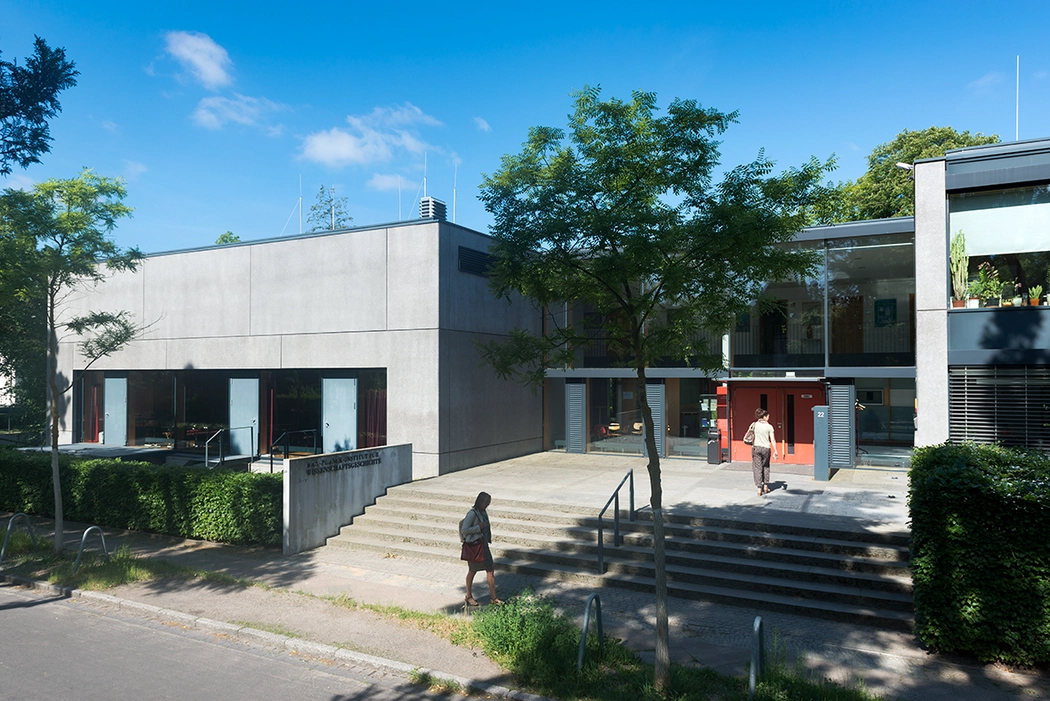How Does China Remove Air Pollution From Cities For Prestigious International Events?
DOI:
https://doi.org/10.21036/LTPUB10843Researcher
Dr. Anna Ahlers leads the Lise Meitner research group “China in the Global System of Science” at the Max Planck Institute for the History of Science. Having completed her PhD in China Studies at the University of Tübingen in 2013, Ahlers has previously worked at the University of Oslo as an associate professor for Modern Chinese Society and Politics and the Mercator Institute for China Studies (Merics) in Berlin. Among other things, her research focuses on how the political system in China at different levels implements policies and interacts with scientific research. Associate Editor-in-Chief of the Journal of Chinese Governance, Ahlers is also an elected member of the Young Academy (Die Junge Akademie) at the Berlin-Brandenburg Academy of Sciences and Humanities and the National Academy of Sciences Leopoldina.

Original Publication
Blue Sky Fabrication in China: Science-Policy Integration in Air Pollution Regulation Campaigns for Mega-Events
Yongdong Shen,
Anna L. Ahlers
Published in
Citation
Anna Ahlers,
Latest Thinking,
How Does China Remove Air Pollution From Cities For Prestigious International Events?,
https://doi.org/10.21036/LTPUB10843,
Credits:
© Anna Ahlers
and Latest Thinking
This work is licensed under CC-BY 4.0
